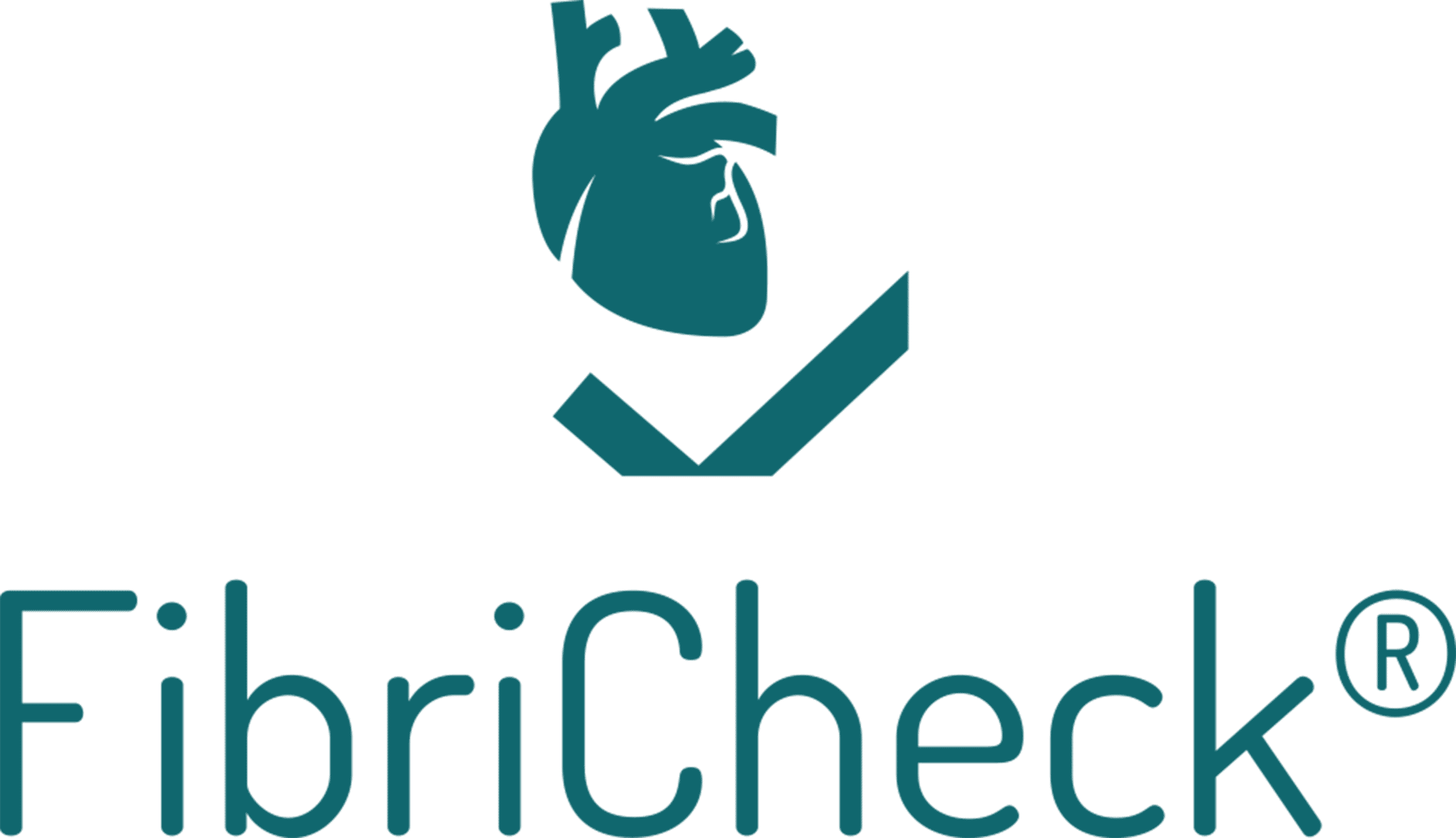Alcohol consumption is a deeply ingrained part of many social traditions and cultures around the world. From a glass of wine with dinner to a beer after work, alcohol is often seen as a way to relax or enjoy oneself. Yet alcohol consumption has raised questions about its impact on our health for a long time. In this article, you will find advice related to the consumption of alcohol, as well as the effects alcohol can have on your heart.
How does alcohol affect your heart?
Alcohol consumption has a major impact on your heart health. For example, there is a direct link between alcohol and:
- Elevated blood pressure
- Atrial fibrillation and atrial flutter
- Heart failure
- Cardiomyopathy (a condition affecting your heart muscle)
- Strokes
- Aneurysms (local dilation of a blood vessel)
- Too much fat in the blood
- Deaths from cardiovascular disease
The latest guidelines from the European Society of Cardiology provide more insight into the effects of alcohol on the heart in people suffering from atrial fibrillation:
- Alcohol is associated with a higher risk of stroke and bleeding if you have atrial fibrillation
- When you consume alcohol you are more likely to have recurrent symptoms of atrial fibrillation after treatment
- Consuming alcohol can cause embolism, hospitalization or even death
The good news is that studies indicate that people who reduce their alcohol intake to no more than 3 drinks per week can already notice effects on their heart health from this. By reducing your alcohol intake, you are already less likely to have recurrent atrial fibrillation as well as fewer symptoms caused by your condition.
In addition, the consumption of alcohol is not only harmful to your heart and blood vessels. Alcohol is classified as a category 1 carcinogen, which means it has a high risk for developing cancer. Furthermore, alcohol also affects various brain disorders, liver diseases and has an addictive effect.
How much alcohol is too much?
Several health organizations indicate that there is no safe level of alcohol consumption because of its adverse effects on the body, and therefore recommend avoiding alcohol completely. The risk of developing disorders already exists with light alcohol consumption, and increases as you take in more alcohol.
If you do drink alcohol, it is recommended that you certainly do not exceed one glass per day. It is also important to note that a large glass of wine or beer already exceeds this recommendation.
So isn’t an occasional glass of red wine good for the heart?

However, the benefit of drinking an occasional glass of wine for the benefits of polyphenols does not outweigh the disadvantages of alcohol consumption. Moreover, you can also find polyphenols in grapes and other fruits and vegetables. So it is recommended that you get your health benefits from these rather than from red wine.
https://www.hartstichting.nl/oorzaken/alcohol
https://www.who.int/europe/news/item/04-01-2023-no-level-of-alcohol-consumption-is-safe-for-our-health
https://www.health.belgium.be/sites/default/files/uploads/fields/fpshealth_theme_file/20240321_hgr-9781_alcohol_vweb.pdf
https://www.who.int/news-room/fact-sheets/detail/alcohol
https://academic.oup.com/eurheartj/article/45/36/3314/7738779?login=false
Created on July 22nd, 2021 at 01:58 pm
Last updated on October 18th, 2024 at 01:23 pm



